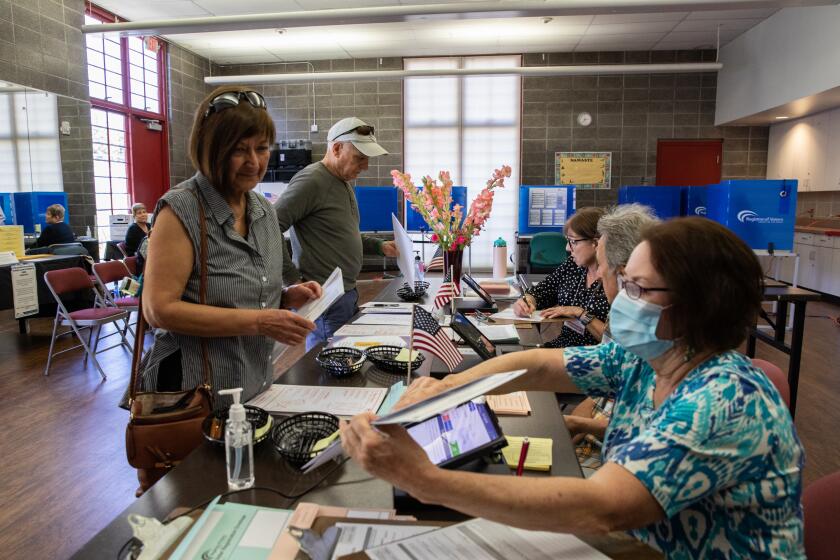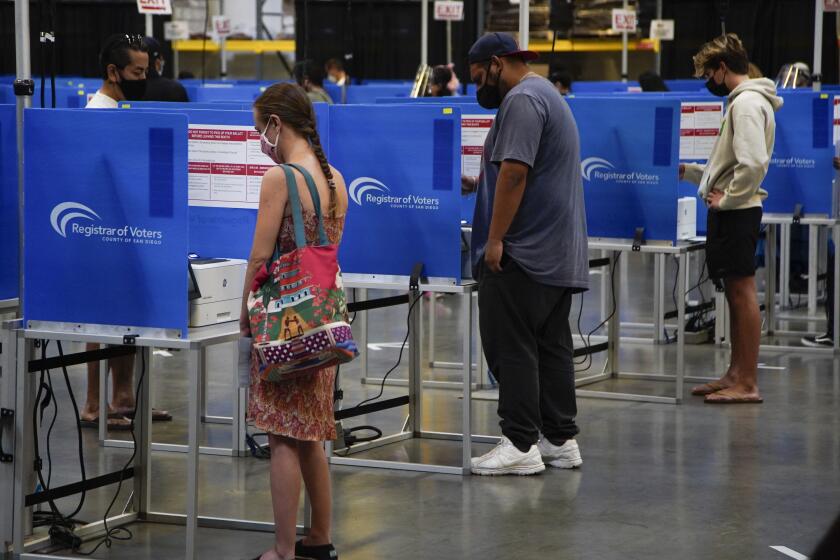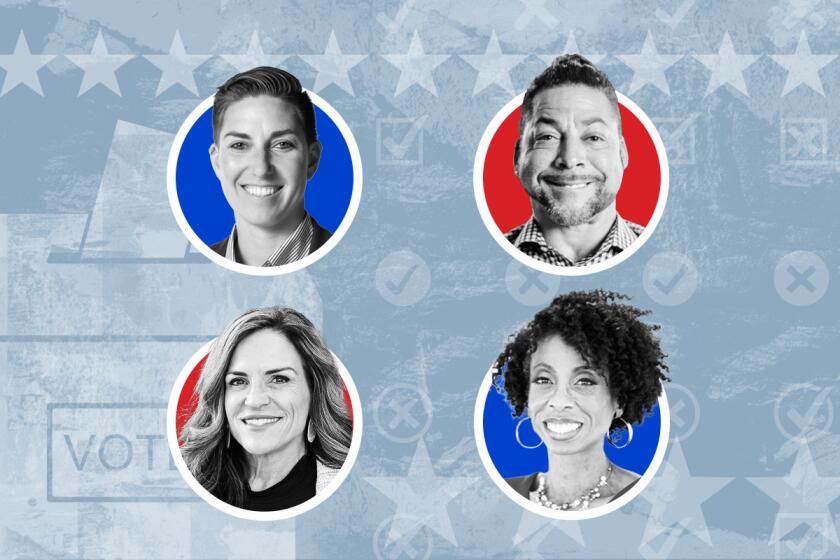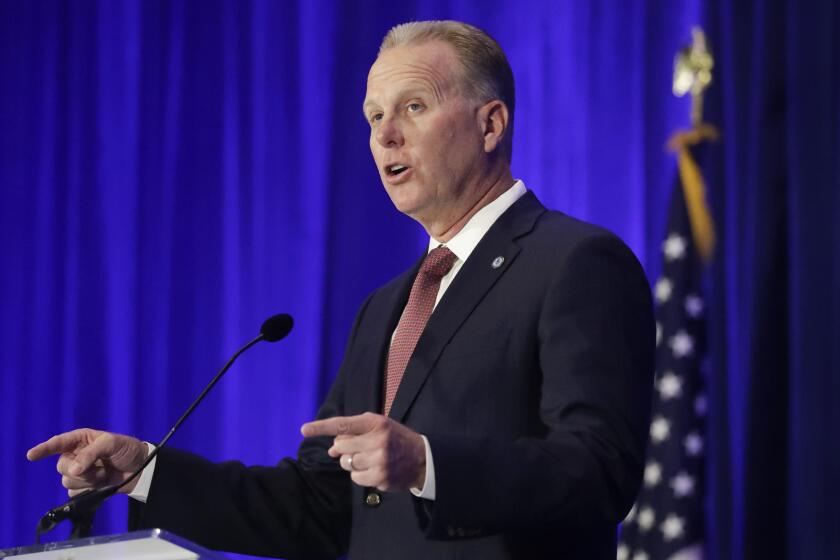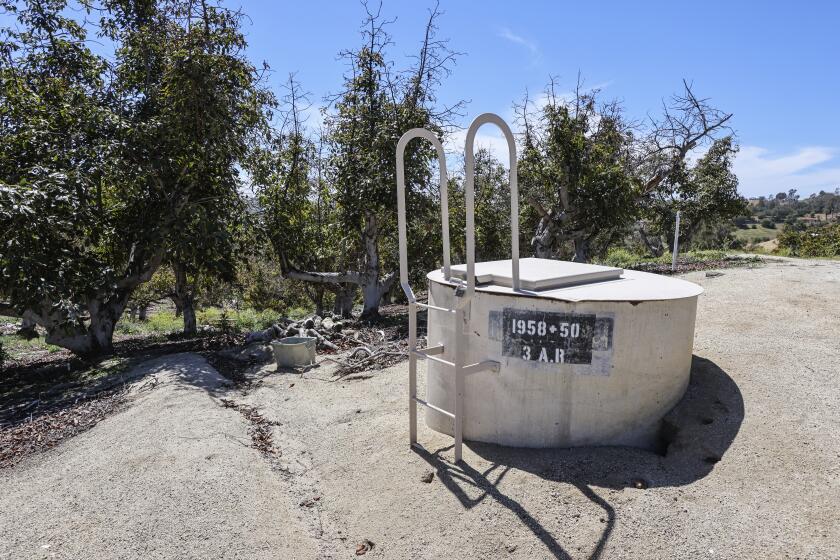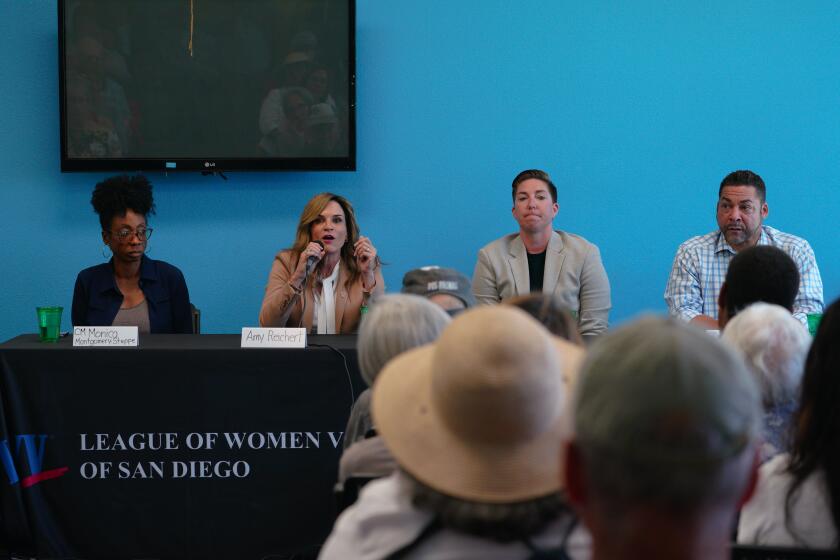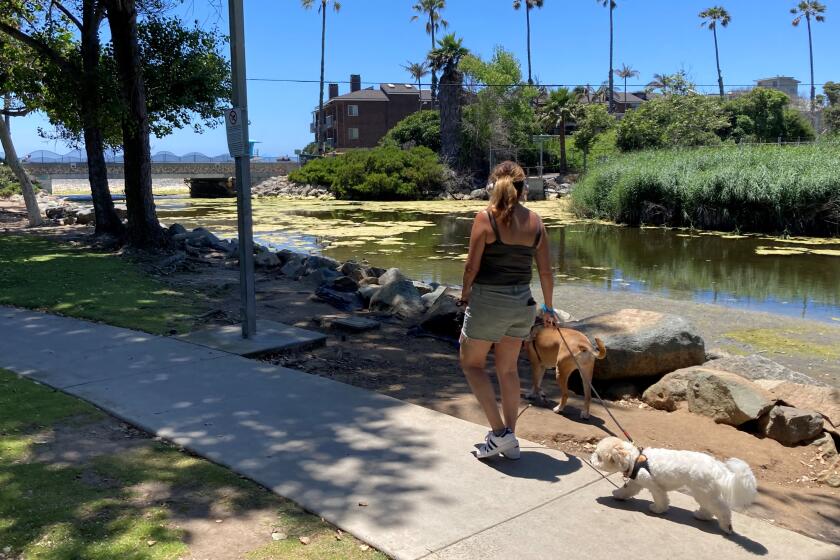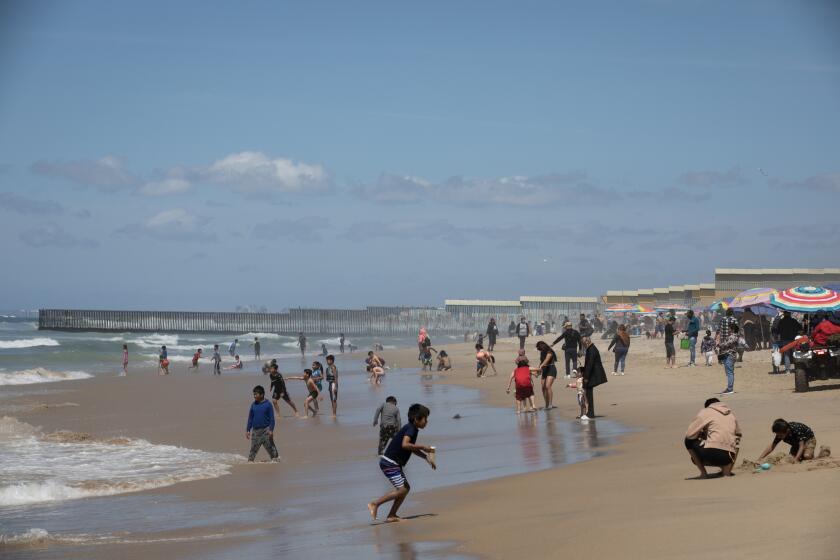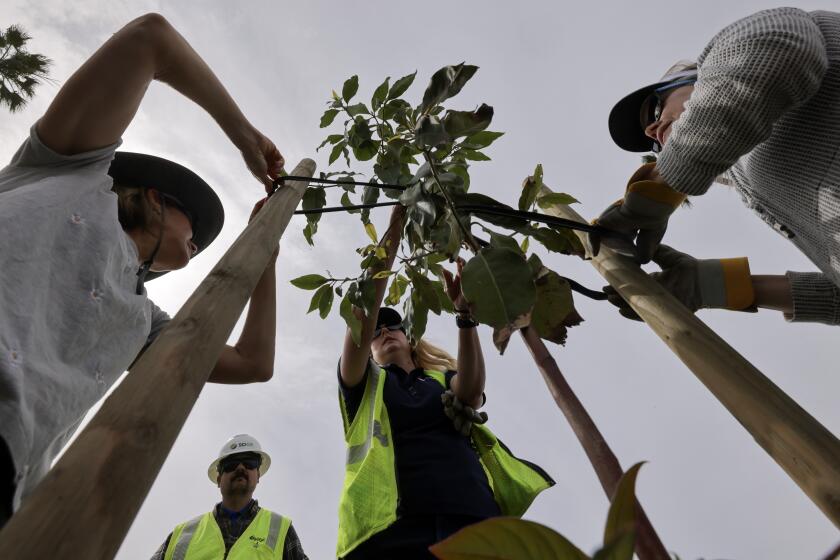CA becomes 1st state to ban plastic bags
California moved beyond the bag Tuesday, becoming the first state in the nation to outlaw plastic grocery bags when Gov. Jerry Brown signed a statewide ban.
Tuesday morning Brown signed SB270, which prohibits stores from providing disposable plastic grocery bags to shoppers, and requires them to charge for paper bags.
“This bill is a step in the right direction – it reduces the torrent of plastic polluting our beaches, parks and even the vast ocean itself,” said Governor Brown. “We’re the first to ban these bags, and we won’t be the last.”
The law mandates a sweeping change in consumer habits that proponents hope will boost reliance on reusable shopping bags. Cutting out disposable sacks will reduce the stream of plastic film that winds up in waterways and landfills, they said.
“If a product is too costly to society and the environment, California is prepared to move to eliminate it,” said Mark Murray, executive director of Californians Against Waste, the bill’s sponsor.
The new law represents a step toward elimination of the plastic checkout bags which have been a standard for American shoppers since the mid-1970s, when they were embraced as convenient carryalls. Over time the diaphanous but nearly indestructible bags have come to represent “the collective sins of the age of plastics,” author Susan Freinkel wrote in her book, “Plastic: A Toxic Love Story.”
Bag manufacturers, however, called the new law a “scam,” and vowed to repeal it. They argue that the ban will eliminate manufacturing jobs at bag factories, and the paper bag fee will pose a burden to poor and working class families.
“It would jeopardize thousands of California manufacturing jobs, hurt the environment, and fleece consumers for billions so grocery store shareholders and their union partners can line their pockets,” the American Progressive Bag Alliance said in a statement.
The alliance announced that it is gathering signatures for a referendum to overturn the measure on the November 2016 ballot.
“Since state lawmakers failed their constituents by approving this terrible bill, we will take the question directly to the public and have great faith they will repeal it at the ballot box,” the alliance stated.
The new measure bans plastic checkout bags from large grocery stores, pharmacies and other food retailers on July 1, 2015. It bars them from convenience markets, liquor stores and other small food retailers on July 1, 2016.
Stores can continue to provide disposable plastic bags for produce, meat, bread, bulk food and other loose or perishable items. But they will have to charge at least 10 cents at checkout for paper bags or other reusable bags.
The law was the fourth attempt to adopt bag restrictions throughout California, but the first in the nation to successfully impose a statewide ban.
The measure follows a suite of local ordinances that banished plastic bags from cities and counties. Its author, State Sen. Alex Padilla, said the track record of those local bans engendered support for the statewide measure.
California has 127 bag bans in place, starting with San Francisco, which passed the first such an ordinance in 2007, according to the nonprofit Californians Against Waste.
Other large jurisdictions such as Los Angeles County and city, San Jose and Santa Barbara quickly followed. About a third of Californians already live under some plastic bag restrictions.
Outside of California, 57 cities and counties have passed bag bans, including Austin, Seattle, Chicago and Portland, Oregon.
The city of San Diego was moving toward a municipal bag ban earlier this year before the state measure passed the legislature, but will now defer to state law, Mayor Kevin Faulconer said.
“The decision by state lawmakers to enact a plastic bag ban in California means San Diego doesn’t have to spend additional tax dollars developing a local ordinance that was proposed by a City Council committee last year,” he said in a statement.
In San Diego, only Solana Beach has a bag bill in effect. The city adopted its ordinance in May 2012, and it took effect later that year, outlawing plastic bags at retail establishments including grocery stores, pharmacies and other shops.
Encinitas also passed a bag ban in August, just before the state ban passed the legislature. The statewide measure will grandfather in existing local ordinances, but pre-empts any future local bans. Encinitas’ ordinance will take effect early next year.
Outside of the United States, more than 114 cities and countries have plastic bag restrictions in place, the organization stated.
Although plastic bags are ubiquitous items in American stores and homes, and persistent eyesores at creeks and beaches, they’re relative newcomers to the country’s shopping scene. Their introduction came as America entered a plastics boom following WW II.
Plastic sandwich bags on a roll came into use in 1952, according to the Plastics Industry Trade Association, and plastic produce and bread bags became popular in 1966.
The plastic shopping bag was invented by Swedish engineer Sten Thulin in 1962, according to Californians Against Waste. In 1976, Mobil Chemical introduced it to U.S. markets, where customers appreciated its strong, lightweight and portable construction.
“It’s also a product that is highly reused by customers and is clearly their number one choice because it’s convenient and sanitary,” said Jon Berrier, a spokesman for the alliance.
By 1986, one out of five shopping bags was made of plastic film. A decade later, two out of three bags were plastic, compared to paper, the organization reported.
Plastic bag use peaked in the United States in 2000, when the U.S. generated 253.8 billion plastic bags. As bad news about bags began to spread, however, their use declined.
The bags tend to float out of trashcans into creeks, streams and ocean waters. They’re not biodegradable, so they accumulate in the environment and are ingested by whales, sea turtles and other marine animals.
Although the bags are recyclable, they aren’t easily processed with cans, bottles and paper, and clog machinery at recycling plants, opponents said.
Because of those problems, the disposable grocery bag became a symbol of Americans’ uneasy relationship with throwaway plastic products, Freinkel wrote.
“It’s the single-use item that, more than any other, has aroused popular ire,” she wrote.
By 2012, local bag bans, and a consumer shift toward reusable bags, had cut national bag use by more than half to 107.7 billion. In California, bag use dropped from 30.8 million to 13.1 million between 2000 and 2012. Consumers started bringing their own totes to grocery stores, and local governments restricted plastic grocery bags.
“Forty years ago there were no plastic grocery bags; four years from now, we’ll forget there ever were,” said Murray, of Californians Against Waste.
Plastic bag manufacturers argued that their products pose less risk of contamination than reusable bags, and objected that bag bans would kill jobs at their factories.
The state law earmarked $2 million to help factories retool to make thicker plastic bags, composed partially of recycled material, which grocers could distribute for the 10 cent fee. But Berrier said that just replaces conventional bags with an environmentally inferior product, and called the $2 million a “token amount of money.”
He said the alliance has succeeded in persuading legislators outside of California to oppose proposed similar measures. Proponents say, however, that the California bag ban is likely to become a national model.
“This is another way we can embrace our role as a laboratory of democracy and environmental policy,” said Nathan Weaver, Oceans Advocate with Environment California.
Get Essential San Diego, weekday mornings
Get top headlines from the Union-Tribune in your inbox weekday mornings, including top news, local, sports, business, entertainment and opinion.
You may occasionally receive promotional content from the San Diego Union-Tribune.

